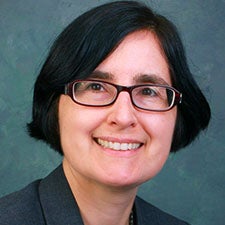Meeting behavioral health needs is critical to optimizing the health and well-being of Californians. Approximately 1 in 6 adults in California was diagnosed with a mental illness in 2014, while 1 in 25 had a serious mental illness. One in 14 children statewide had a serious emotional disturbance. Many Californians also suffer from substance use disorders. In 2016, California had 11 drug overdose deaths per 100,000 people overall, and some rural counties had rates that were more than triple the statewide average.
California had over 80,000 licensed behavioral health professionals in 2016, but these professionals are unevenly spread across the state and do not reflect the racial/ethnic diversity of the state’s population. In some occupations, a large proportion of workers will reach retirement age within the next decade. Specifically:
- The greater Bay Area has the highest per capita ratios for all occupations except psychiatric technicians.
- The Inland Empire and the San Joaquin Valley have low per capita ratios relative to other regions of the state for all occupations except psychiatric technicians.
- African Americans and Latinos are underrepresented among psychiatrists and psychologists; Latinos are also underrepresented among counselors and clinical social workers.
- 45% of psychiatrists and 37% of psychologists are over age 60.
The findings suggest that California will need to make substantial investments to meet future demand for behavioral health workers. Policymakers need to consider approaches to improve geographic distribution of both the workforce professionals and behavioral health training programs; increase the supply of workers, especially of those licensed to prescribe psychiatric medications, since so many psychiatrists are reaching retirement age; and improve racial and ethnic diversity.
The complete paper is available from Healthforce Center at UCSF.
Authors & Contributors

Janet Coffman
Janet Coffman, a health services researcher and associate professor at the UCSF School of Medicine’s Institute for Health Policy Studies, strives to build bridges between academia and policymakers. She has coauthored articles and reports on health workforce shortages, geographic maldistribution, and lack of racial and ethnic diversity among health professionals. Janet has published in a wide range of journals, including Health Affairs, Health Services Research, the Milbank Quarterly, and Pediatrics. Janet received a master’s degree in public policy from the University of California, Berkeley, as well as a doctoral degree in health services and policy analysis. She previously worked for the US Senate Committee on Veterans Affairs, the San Francisco Department of Public Health, and the UCSF Center for the Health Professions.
Timothy Bates
Healthforce Center at UCSF
Joanne Spetz
Healthforce Center at UCSF





